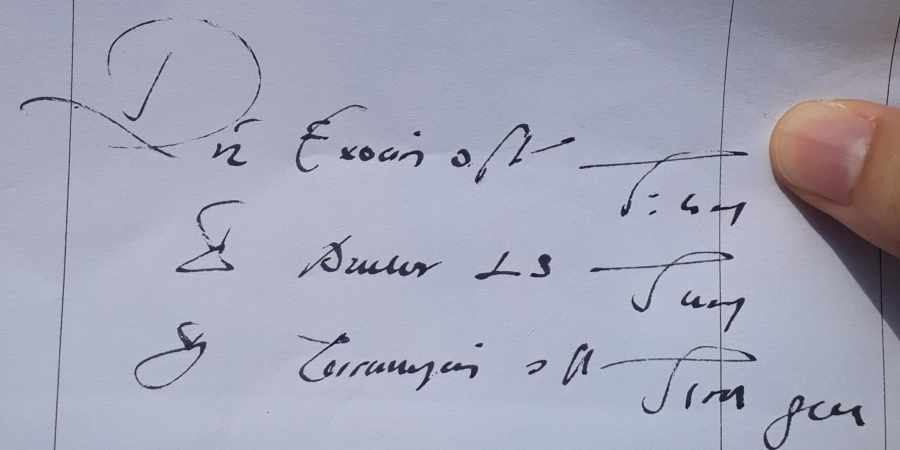

When you think about it
A doctor’s signature might seem like just a simple mark, but it’s actually an essential part of healthcare that ensures everything runs smoothly. Imagine you’re at the pharmacy with a prescription in hand. That signature on the prescription isn’t just a formality; it’s a legal stamp that says the medication and dosage are officially approved by a licensed professional. This helps prevent any mix-ups or misunderstandings about what you’re supposed to take.
Beyond legality, a doctor’s signature is a way of holding doctors accountable for their recommendations and decisions. When they sign a document, they’re taking responsibility for the treatment plan they’ve outlined. This accountability is crucial in maintaining trust and high standards in healthcare. It also plays a significant role in keeping accurate medical records. Every signed document becomes a part of your permanent medical record, making it easier for healthcare providers to track your treatment history and coordinate care effectively.
What about communication between specialists? Why is a signature important here? When a doctor signs off on a referral or transfer document, it ensures that the information shared is accurate and trustworthy. This coordination is vital for providing seamless care. Furthermore, how does a signature play a role in insurance and compliance? It’s often needed to verify claims and ensure that all healthcare practices adhere to legal regulations
Speaking of coordination, think about how important it is for different healthcare professionals to be on the same page. When a doctor signs off on a referral or a transfer of care, it ensures that the information is correct and reliable, helping to avoid any miscommunication between specialists. Additionally, signatures are often needed for insurance claims and to comply with various healthcare regulations. Without them, navigating insurance and legal requirements would be a lot more complicated.
Historically, signatures have always been a symbol of authenticity and authority, and this tradition continues in medicine today. They represent the trust and professionalism that are fundamental to the doctor-patient relationship. Moreover, a doctor’s signature helps prevent fraud and errors. It’s a key part of the verification process that helps ensure that all medical documents are genuine and made by authorized professionals.
So next time you see a doctor’s signature, remember that it’s not just a scribble—it’s a vital part of the healthcare system. It ensures legal validity, accountability, and accurate record-keeping, and it plays a crucial role in coordinating care and preventing errors. In essence, that small mark on a piece of paper is a big deal in the world of medicine!!!
